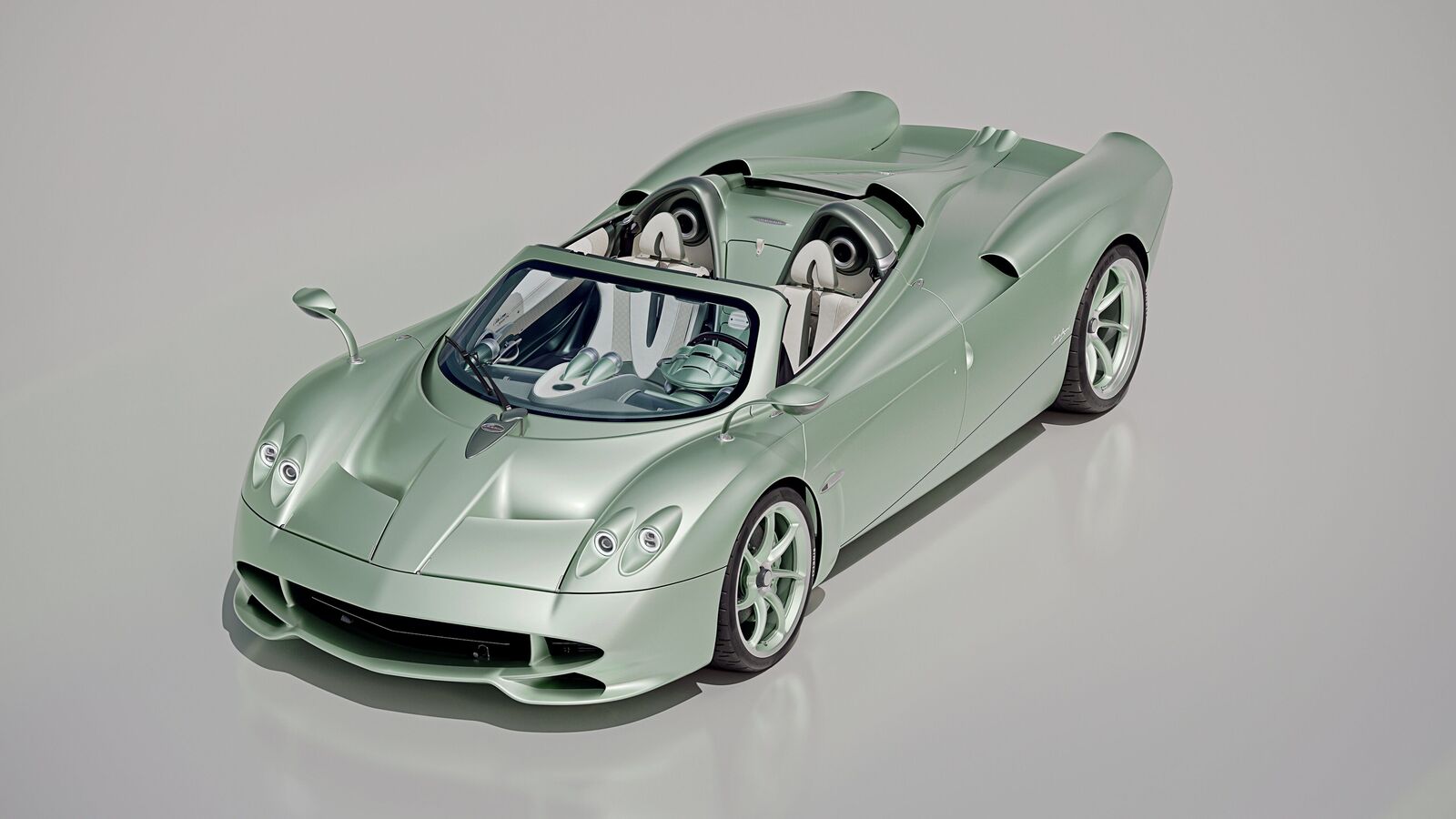In the profitability race, India’s second-largest passenger car maker Hyundai Motor India leads among the top three listed players in the country’s passenger vehicle market.
Over the past few years, Hyundai India has consistently achieved a double-digit operating profit margin, surpassing those of India’s largest car maker Maruti Suzuki, and third largest car maker Tata Motors (passenger vehicle business).
Thanks to its focus on premium cars, higher share of sports utility vehicles in the sales basket, and cost structure, the South Korean car maker has been a champion in maintaining profitability in the Indian passenger vehicle market.
For the nine months ended December 31, Hyundai India’s EBITDA margin, or operating profit margin, was at 12.7%, higher than Maruti Suzuki’s 11.4%, and 6.1% operating profit margin of Tata Motors’s passenger vehicle unit.
The Indian unit of South Korean auto giant Hyundai Motor Company has filed a draft red herring prospectus (DRHP) for an IPO in which it disclosed the financials of the company.
Autocar Professional could not compare the margins for the full financial year 2024 of the three companies, as Hyundai India did not disclose the numbers for the same in its DRHP.
Hyundai India has seen consistent growth in its EBITDA margin from FY21 to FY23. Its operating profit margin was at 10.4%, 11.6% and 12.5% during FY21, FY22 and FY23, respectively.
On the other hand, Maruti Suzuki’s consolidated margins were in single digits during FY22 and FY21. Its margin was at 7.6% in FY21, 6.5% in FY22 and then improved to 11% in FY23, according to our calculation. For the full financial year 2024, the company’s margin was at 13%.
Tata Motors has also seen robust improvement in its margins during the period but remained below Hyundai and Maruti Suzuki. In FY21, its margin was at 2%, 5.3% in FY22 and 6.4% in FY23. In FY24, margin improved further to 6.5%.
Meanwhile, Mahindra & Mahindra reported a standalone operating margin of 7.8% for FY23 and 10.6% for FY24. However, the company’s standalone figures include the automotive business (PVs and CVs) as well as the farm equipment business. In its recent presentation, the automaker just noted that its automotive business margins improved by 480 basis points between FY22 to FY24.
Operating at almost 95-100% capacity for the most part of the last few years as the market bounced back from Covid significantly, Hyundai Motor India not only gained from the strong operating leverage but robust volume growth and price hikes also helped the company offset the impact of inflation in raw material prices and improve margins over the period.
Another major tailwind that has been playing out is the improving mix of high-margin products, particularly sports utility vehicles.
There has been a major shift in consumer preference towards SUVs with the launch of compact and mid-size models in the market. Feature-rich SUVs are witnessing more traction with the increase in spending from the upper middle class and aspirations after the pandemic.
Hyundai India has been generating more than half of its domestic volume from SUVs in the last couple of years. In the first nine months of FY24, SUVs accounted for 62.4% of the company’s domestic sales.
“In line with this trend, the contribution of passenger vehicles with ex-showroom ASP of greater than Rs 10,00,000 to our domestic sales has been increasing from 32.37% in fiscal 2021 to 48.71% in fiscal 2023 and was 49.23% in the nine months ended December 31, 2023,” the company said in the DRHP.




